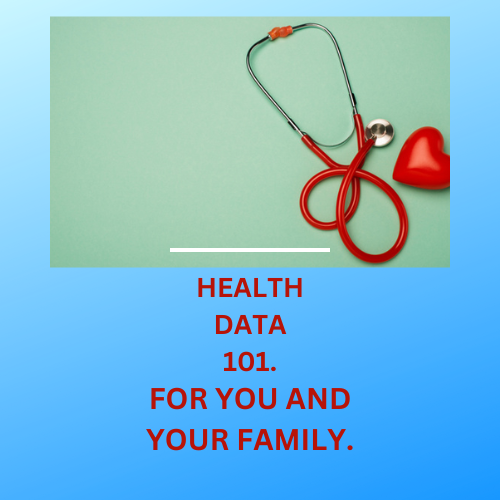Importance of Hospital Data Management for Patients in All Consultations

Efficient hospital data management is crucial for ensuring high-quality patient care during all consultations. A well-organized system for handling patient records, medical histories, and treatment plans offers numerous benefits:
1. Improved Patient Care & Safety
- Access to complete medical histories helps doctors make accurate diagnoses.
- Reduces medication errors by tracking prescriptions and allergies.
- Ensures timely follow-ups and preventive care.
2. Faster & Efficient Consultations
- Eliminates the need for patients to repeatedly provide medical details.
- Streamlines check-ins, reducing wait times and improving hospital workflow.
- Enhances communication between specialists for coordinated care.
3. Accurate Record-Keeping & Compliance
- Maintains precise records of treatments, tests, and previous consultations.
- Ensures compliance with healthcare regulations and data privacy laws.
- Reduces risks of lost or incomplete medical files.
4. Enhanced Emergency Response
- Quick access to a patient’s history helps in critical situations.
- Provides immediate insights into existing conditions, allergies, or medications.
- Enables faster decision-making, improving survival rates and outcomes.
5. Personalized & Continuous Care
- Allows long-term tracking of chronic conditions.
- Helps doctors tailor treatments based on a patient's health trends.
- Improves patient engagement by providing access to their health records.
6. Cost Reduction & Resource Optimization
- Reduces unnecessary tests or duplicate procedures.
- Minimizes administrative workload by digitizing records.
- Saves costs for both hospitals and patients through efficient care management.
7. Secure & Confidential Data Storage
- Protects patient information with encryption and access controls.
- Reduces risks of paper-based record loss or damage.
- Allows remote access for authorized medical personnel when needed.
Conclusion
A well-structured hospital data management system benefits patients, doctors, and healthcare providers by ensuring accurate, fast, and efficient medical consultations. It enhances care quality, safety, and accessibility, making healthcare more effective and patient-centric.
Sponsored
Search
Sponsored
Categories
- Questions and Answers
- Opinion
- Motivational and Inspiring Story
- Technology
- Live and Let live
- Focus
- Geopolitics
- Military-Arms/Equipment
- Security
- Economy
- Beasts of Nations
- Machine Tools-The “Mother Industry”
- Art
- Causes
- Crafts
- Dance
- Drinks
- Film/Movie
- Fitness
- Food
- Games
- Gardening
- Health
- Home
- Literature
- Music
- Networking
- Other
- Party
- Religion
- Shopping
- Sports
- Theater
- Health and Wellness
- News
- Culture
Read More
Experience the Comfort and Style of Tunfine Glueless Wigs
In recent years, the use of Tunfine glueless wigs has become increasingly popular,...
Edible Water Pods Market Expectations & Growth Trends Highlighted Until 2033
The edible water pods industry is expected to reach a value of USD 120 Million in 2023...
Iran Could Decide to Build a Nuclear Weapon
The Biden administration's diplomatic stance towards Iran has seemingly strengthened Iran's...
The Rise of Web 3.0 Blockchain Market Insights, Share Analysis, and Predictions up to 2030
Kings Research recently published a report on the global Web 3.0 Blockchain market. The...
RESILIENCE- How to Overcome Self-Doubt and Flourish. Untether your identity from success or failure with deliberate practice. Reviewed by Jessica Schrader
KEY POINTS-
Overcoming self-doubt begins with challenging our assumptions.
Experiencing...
Sponsored

